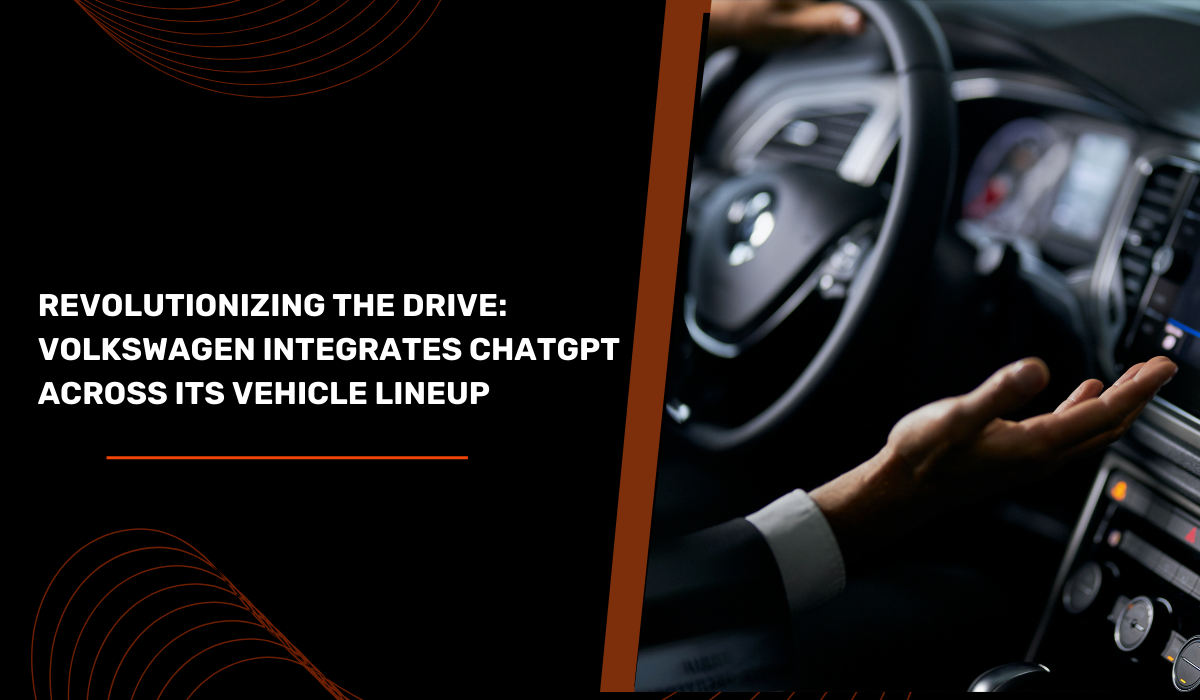
Volkswagen is diving into the realm of AI-driven technology, as revealed at CES 2024 in Las Vegas. The German automaker announced plans to incorporate an AI-powered chatbot into all Volkswagen models equipped with its IDA voice assistant. The primary motivation behind this move is to cater to drivers who desire an AI-based chatbot capable of reading researched content aloud. TechCrunch, present at CES 2024, tested the ChatGPT feature and discovered its susceptibility to trickery in certain scenarios.Scheduled for rollout in the second quarter, initially in Europe, the AI chatbot is based on Cerence’s Chat Pro product and utilizes a large language model from OpenAI. Volkswagen's lineup of electric vehicles, including ID.7, ID.4, ID.5, and ID.3, alongside the new Tiguan, Passat, and Golf models, will feature this technology. However, the United States will have to wait, as the introduction of the AI chatbot in Volkswagen models there is still under consideration, pending internal approvals.
ChatGPT, developed by OpenAI, has gained significant attention in the tech world. Volkswagen joins the league of automakers incorporating ChatGPT into their vehicles, with Mercedes-Benz having already integrated it into its MBUX infotainment system last year. Volkswagen, like Mercedes, integrates ChatGPT into the backend of its IDA voice assistant, expanding its capabilities beyond basic functions.The IDA voice assistant, activated by the "Hello IDA" wake word or a button on the steering wheel, seamlessly interacts with drivers. When faced with requests beyond its capabilities, the voice assistant redirects queries anonymously to the AI chatbot. Cerence, collaborating with Volkswagen, has imposed limitations on the chatbot, restricting responses to questions about profanity, sex, or sensitive topics like the Israel-Hamas War.
Volkswagen envisions ChatGPT going beyond basic functionalities, promising enriched conversations, intuitive language interactions, and vehicle-specific information. Cerence's CEO, Stefan Ortmanns, hints at a potential collaboration to design a new, large language model-based user experience for Volkswagen's next-generation in-car assistant. Notably, this development is distinct from Cariad, VW Group's software arm, which focuses on addressing the company's software challenges, independent of the current AI integration effort.